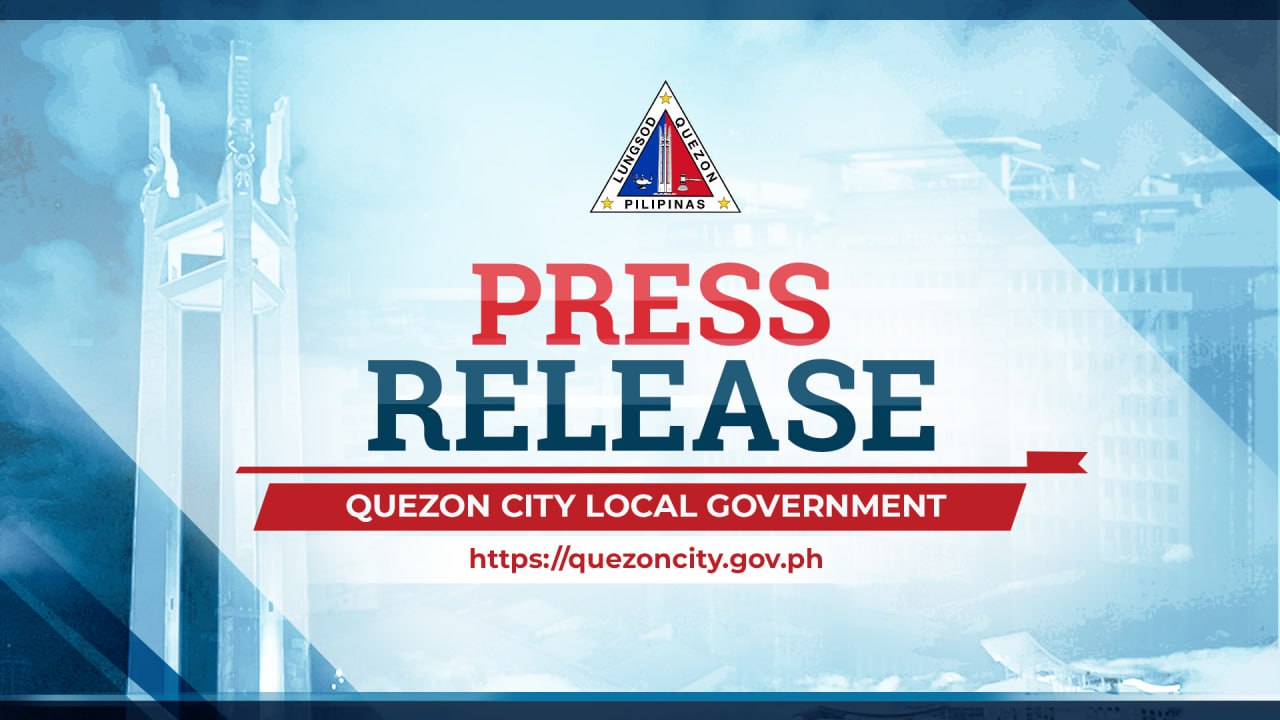Cancer Treatment Can Be Hard on the Heart. Moffitt Has a Team for That

Cancer treatments can be tough on the body. Chemotherapy, radiation and other forms of therapy, while often lifesaving, can have a negative impact on certain parts of the body, especially the heart.
That’s why Moffitt Cancer Center keeps its Cardio-Oncology Program mobilized. Led by program director Dr. Mohammed Alomar, the team is ready to ensure that cardiac complications are kept to a minimum for Moffitt patients undergoing treatment.
“In short, we keep hearts from being damaged from cancer treatments,” Alomar said.
While cancer tumors on the heart can occur, it’s rare, according to Alomar. The heart rarely undergoes cellular change from the time we’re born and therefore, it is difficult for cancer cells to start there. When those do occur, they are usually monitored rather than removed, depending on their location.
“As far as cardiac tumors go, that is only about 1% of the patient population that we see,” Alomar said. “And those tumors can often be the result of treatment or a metastasis from another disease site.”
Alomar says his team typically classifies patients in one of three categories to determine the best ways to keep them heart healthy.
“If you come to us, you are either someone who has never had a heart problem who is now undergoing a type of chemotherapy that is known to cause heart trouble or you are a patient with a history of cardiac issues that predate your cancer diagnosis, and you are getting chemotherapy.”
The third category of cardio-oncology patient, he said, is those who have undergone treatment with no cardiac issues but are monitored on a follow-up basis to make sure the heart remains healthy.
According to Alomar, the cardio-oncology team’s largest volume of patients comes from the breast cancer clinic, especially those who have had cancer in the left breast. Radiation and chemotherapy in that area can present as heart disease five to 10 years after treatment, he said.
“We also see patients from our Malignant Hematology Program, especially patients who undergo stem cell transplants,” he said. “CAR T (chimeric antigen receptor T-cell therapy) is an amazing immunotherapy but we don’t know much yet about cardiac side effects with this treatment. So we screen patients before and after the treatment.”
Cardio-oncologists at Moffitt also regularly screen prostate cancer patients. Treatment for prostate cancer can exacerbate cardiac disease, Alomar said.
He added that the Cardio-Oncology Program uses tools and practices that would be familiar to most patients, like an echocardiogram and CT scans.
“We are cardiologists, not oncologists,” Alomar said. “But we specialize in treating the heart in cancer patients and we work closely with a patient’s oncologist to ensure they stay as healthy as possible before, during and after their treatment here.”
link




